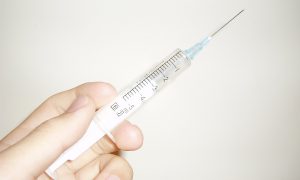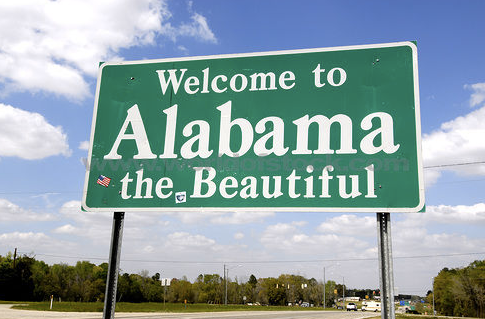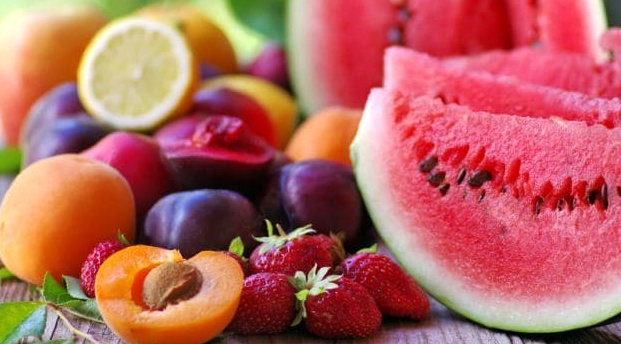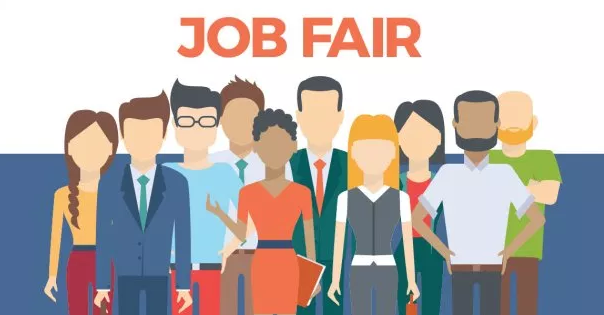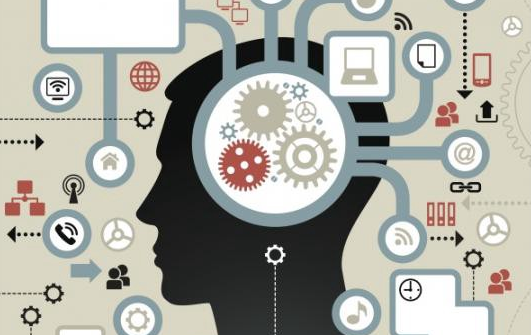Comparative View On CBD And THC – Key Differences and Common Grounds
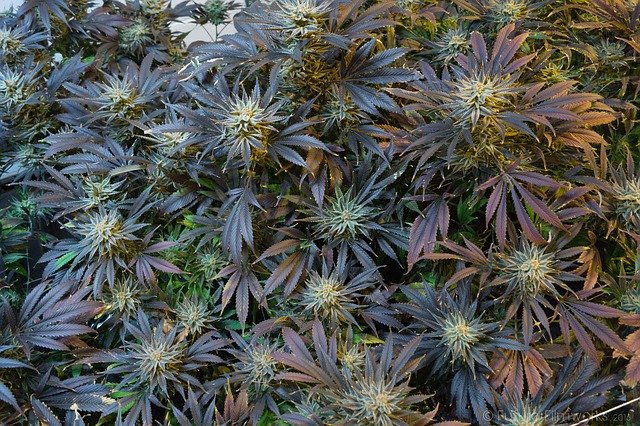
The use of CBD products has been increasing in popularity mainly because of its health and therapeutic benefits to the body. This alternative form of medicine dubbed as natural medicines – CBD and THC – has always been pitted against each other or compared which reveals their similarities and differences.
Both CBD and THC have identical chemical makeup or composition which is 30 hydrogen atoms, 21 carbon atoms, and 2 oxygen atoms. While these two may seem like identical twins, they do have a microscopic difference which creates a huge world of difference.

How Cannabinoids Work
A cannabinoid is a compound that can be found in cannabis plants which directly interacts with the Endocannabinoid System of the body or the different network receptors that maintall the overall body functions.
Interactions generated from CBD1 and CB2 receptors such as that of CBD and THC are considered catalysts for health with profound effects for managing anxiety and depression, relief of pain and inflammation, and stimulating the appetite; to name some. These receptors are mainly found in the immune and central nervous system of the body.
Considering that CBD and THC have entirely different molecular or atomic structures, these two interact different with CB1 and CB2 receptors. This is basically what makes up the differentiating factor between CBD and THC.
The Impact of CBD and THC in the Body
Both CBD and THC bind with CB2 receptors but they have different modes of interacting with CB1 receptors.
When THC binds with CB1 receptors, this shoots signals to the brain which creates psychoactive effects or that “high” or euphoric feeling. On the other hand, CBD does not directly bond with CB1 receptor. In fact, the interaction of CBD can actually affect the bond between the THC and CB1 receptors which dissipates the psychoactive effects brought about by THC.

One cannot deny the health or medicinal benefits that THC has to offer for patients. However, the psychoactive disturbance may negatively impact its users. On the flipside, CBD can actually provide the exact same health and therapeutic benefits as that of THC but without the mind-altering effects of THC use.
Legalities of CBD and THC
It’s illegal to use THC in the United States and in most parts of the world. CBD though is considered legal in some countries and federally legal in the United States. Although the global legalization proceedings is still ongoing, CBD use is considered a much safer substance as compared to THC.
The use of CBD from marijuana though is not legally acceptable in the United States. The legality of CBD would differ from one state to another especially because there isn’t a clear distinction yet between marijuana and hemp.
CBD and THC are considered to be the most prominent types of cannabinoids that can be found in Cannabis plants. Both hemp and marijuana are able to produce CBD and THC but marijuana is discovered to have a much higher composition of THC while hemp produces more of CBD. Marijuana is said to contain around 12% of THC while CBD has less than 0.3% of THC in it which is federally legal and safe for consumption.
Medical and Therapeutic Benefits of CBD and THC
Both CBD and THC have therapeutic or medicinal benefits to the body but more people are inclined to use CBD because of the euphoric effects that can happen with THC use. While some people enjoy the “high” feeling from THC use, most would not want to experience the euphoric state and stick with CBD use.
In June 2018, Trusted Source Epidiolex, the first ever prescription medication with CBD, has been approved by the Food and Drug Administration. This has been prescribed in the treatment of aggressive forms of epilepsy or seizures.
CBD is known to treat medical conditions such as anxiety, depression, cancer, pain, inflammation, inflammatory bowel disease, epilepsy, migraines, nausea, and mental disorders. Cannabis oil for pain management is popular because it is said to effectively address the problem without any side effects.
THC can medically relieve certain medical anomalies like insomnia, pain, anxiety, low appetite, muscle spams, and glaucoma.
Side Effects of CBD and THC
There are no known dangerous side effects associated with CBD use. This is even considered manageable even with large doses. Some side effects with CBD is mainly due to drug interactions that occur between CBD and other forms of treatment or medications.
Side effects associated with THC are the following – red eyes, temporary memory loss, balance and coordination problems, dry mouth, slow reaction times, and increased palpitations. The side effects are mainly attributed to the psychoactive properties of THC.
The side effects are considered not fatal and temporary. However, prolonged THC use may cause long-term mental or psychological effects. In fact, this is very dangerous especially for teens because THC is known to be a risk factor for multiple personality disorder or schizophrenia.
Drug Testing for CBD and THC
THC and CBD are stored in the fats of the body which shows up in drug tests conducted following days or weeks after you have used them. Not all drug tests can accurately detect the presence of CBD but there are CBD-sensitive tests that are able to do so with precisions. Most drug tests are designed to detect THC-related chemical so marijuana use should show up in standardized drug tests.
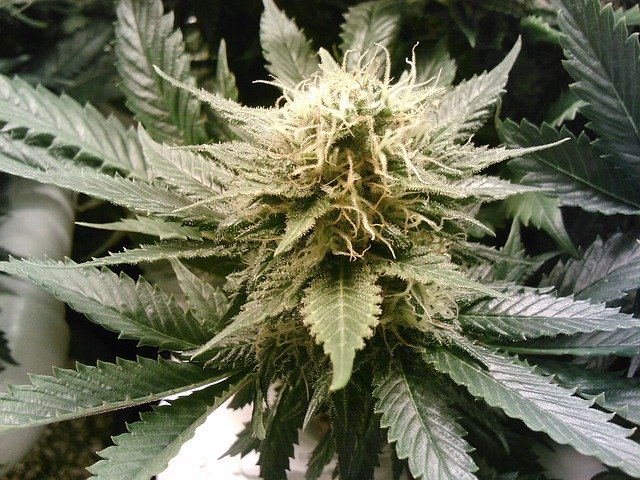
The Verdict
CBD and THC are molecularly or atomically similar – they could almost pass up as identical twins. However, their functions and interactions are very different from one another. It’s striking. Both cannabinoids have distinct health or medicinal benefits that is an advantage for many patients who are in need of an effective therapeutic and natural treatment.





